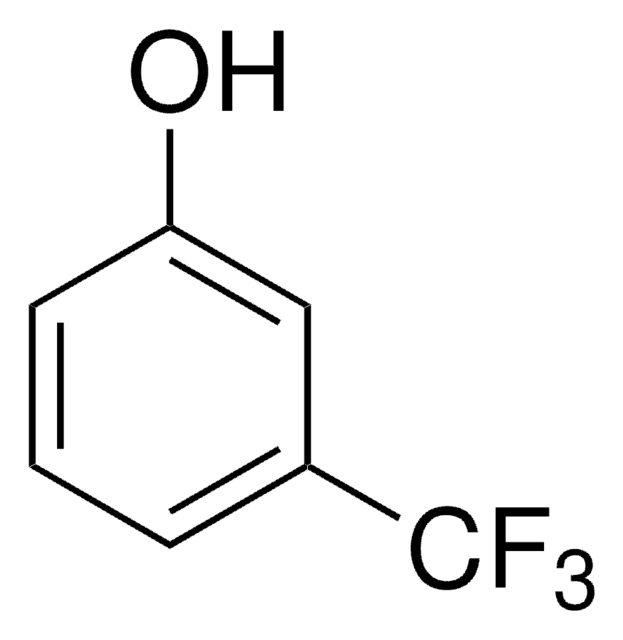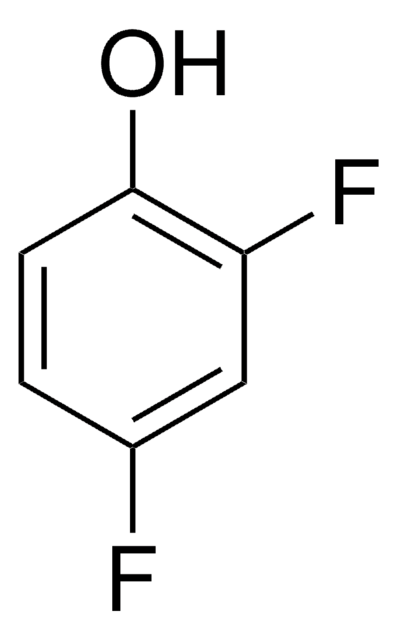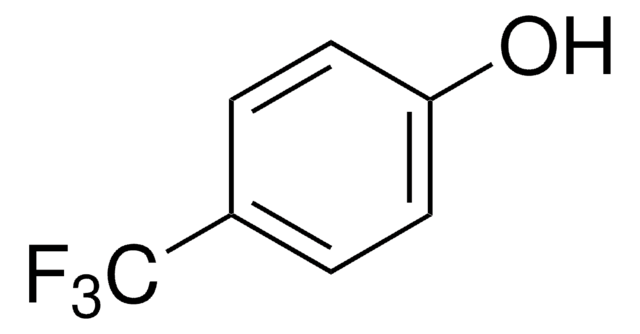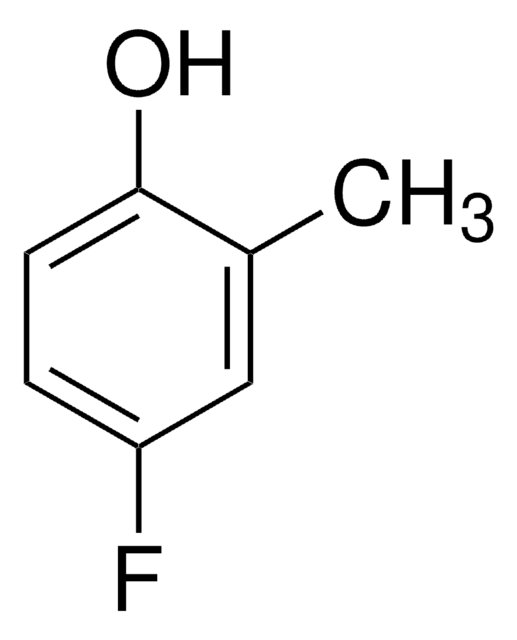About This Item
Recommended Products
assay
98%
refractive index
n20/D 1.515 (lit.)
bp
76 °C/5 mmHg (lit.)
mp
32 °C (lit.)
density
1.134 g/mL at 25 °C (lit.)
SMILES string
Cc1cc(O)ccc1F
InChI
1S/C7H7FO/c1-5-4-6(9)2-3-7(5)8/h2-4,9H,1H3
InChI key
RVYGYYVGWSCWGY-UHFFFAOYSA-N
application
signalword
Warning
hcodes
Hazard Classifications
Eye Irrit. 2 - Skin Irrit. 2 - STOT SE 3
target_organs
Respiratory system
Storage Class
10 - Combustible liquids
wgk_germany
WGK 3
flash_point_f
206.6 °F - closed cup
flash_point_c
97 °C - closed cup
ppe
Eyeshields, Gloves, type ABEK (EN14387) respirator filter
Certificates of Analysis (COA)
Search for Certificates of Analysis (COA) by entering the products Lot/Batch Number. Lot and Batch Numbers can be found on a product’s label following the words ‘Lot’ or ‘Batch’.
Already Own This Product?
Find documentation for the products that you have recently purchased in the Document Library.
Our team of scientists has experience in all areas of research including Life Science, Material Science, Chemical Synthesis, Chromatography, Analytical and many others.
Contact Technical Service








